Tafta CEO presents at the University of Johannesburg’s IPATC Conference
On 8 September 2022, Tafta CEO, Femada Shamam was one of the presenters at the University of Johannesburg’s Institute for Pan-African Thought and Conversation’s (IPATC) conference on Women, Gender and Financial Inclusion.
The session was moderated by Phelisa Nkomo and panellists also included Dr Sophie Price, Prof Sam Kamuriwo and Dr Rebecca Digamela.
Shamam spoke on Funding Interdisciplinary Research and Development. She highlighted some key issues on Finance for the Elderly:
- The need for data and research into the financial practices of older women
- The use of this data to promote the digital and financial literacy of older women
- The promotion of practices to safeguard older women from financial abuse
Read the full transcript below.
Good afternoon ladies and gentlemen,
What an amazing experience it is to be in your company today as we deliberate, consider and map a way forward towards the financial inclusion of women.
I stand before you as a player in the service delivery sector working with older people. I have been intervening at various levels in my community to give effect to the purpose of the NPO in which I work, The Association For The Aged, Tafta is premised on the belief that dignity, growth and a meaningful life should be a realistic prospect for all older people. We are privileged to be working with approximately 5500 older people.
The question for me really is about how does this conversation over the next two days impact and affect the people we work with? How does it impact on me as I consider my life trajectory and make decisions to secure my future.
There was an in interesting study done in Columbia, I think, where the researchers were curious what people do and what they plan to do for financial survival. The researchers found that there is a huge gap between the reality and the ideal in terms of financial survival.
When you leave here today, these are the three key messages I would like you to take away from my intervention:
1. The need for data and research into the financial practices of older women
2. The use of this data to promote the digital and financial literacy of older women
3. The promotion of practices to safeguard older women from financial abuse
Why do you need to hear what I am saying?
Financial inclusion in an enabler to wellbeing. How? It promotes growth, ensures people participate meaningfully and underpins security as people age
Reality check
We are living in a world with an increasingly growing population of older people. Twenty three years ago when I joined this sector , the population of older people in South Africa was just on 7%. As per the 2022 population estimates, the population of older people is estimates at 9.2% (5,4 million) people. Majority are women. The good news is that life expectancy has increased. We are living longer. The UN predicts that one in 5 people in developing countries will be aged 60 or more by 2050.
The bad news is that we will probably be financially destitute as we age unless we make some radical changes to support the financial inclusion of older women in particular.
Let’s talk about the situation on the ground from a practice perspective. Every day, we have older women, especially, approaching Tafta for services to meet basic needs (food, shelter, long term care). The range of services that can be accessed by older women who only have a state old age grant as their income is limited. (R1980 per month and if you are over 75 you get an extra R20).
Renting a place to live in the open residential market is close to impossible, accessing health care is challenging, enjoying good nutrition could be a pipe dream. How do these women survive and meet their financial commitments and how does financial services help older women to manage their day to day life?
I don’t know the answer to this question because there has been very little interest in researching and gathering data on what older people do in terms of their livelihoods, work, income strategies. The question then becomes if we do not know what is happening on the ground and what the gaps are , how does one design policies to support financial inclusion of all people?
Research in this field can range from understanding fundamentally what people do, how do they access financial products, where do they seek information and help etc. I challenge each person in the room today to be curious about older people, older women. Be curious about how they have survived thus far and be curious about the possibilities of what further could be done which builds on their experiences in their lifetime thus far. I further challenge the designers of policies and products to make your solutions relateable to all.
I would love to read research on what income strategies are being employed by older women. Would someone be brave enough to stand in the arena with the Gogo who runs the Stokvel or to the aunty who informally hosts the “lottery”? My challenge to you is to be curious about the women in the infomal economy. What is their priority in terms of life goals? Yes, survival is important but there are layers of complexity which need further exploration.
For example, many people would have been familiar with the illegal deductions of state old grants saga which sparked off the ‘Hands Off Our Grants’ Campaign. One of the products older women in particular were anxious to purchase was funeral policies. The importance of dignity in death for older women increased their vulnerability to financially abusive practices. This vulnerability is further exacerbated in the absence of protective policies. Who and what prevents older women from falling victim to abuse and how are the perpetrators of these exploitative practices held to account?
My questions are many I hope that it inspires some reflection in each of you as to the role you can play.
I want to quickly switch my attention to another potential area for interdisciplinary research and action. Today is International Literacy Day which is meant to remind the public of the importance of literacy as a matter of dignity and human rights and to advance the literacy agenda towards a more literate and sustainable society. This year the focus is on transforming literacy learning spaces. i invite you to cast your mind to the literacy and older women. In particular I would like you to consider the challenge of financial literacy. In todays society, its impossible to consider financial literacy separate from digital literacy.
The recent stakeholder engagement hosted by the United Nations Office of the High Commissioner of Human Rights held on the 29th and 30th August 2022, brought into focus the gaps in Human Rights norms and standards in so far as the exclusion of older people in terms of both digitalization and access to lifelong learning. There is an opportunity to bridge the gap through collaboration and partnership with the various stakeholders. My challenge to UJ – how does your learning policies support lifelong learning and access for older people?
I am attending today because I would like to be part of the solutions. I see myself as bringing certain skills and capabilities to this conversation and I invite you to engage with me further to take forward the financial inclusion agenda for older women.
I am reminded of the FUKUODA 8 policy priorities which resulted from the Japanese Presidency of G20 prioritsing work to address the challenges faced by the ageing population in developing G20 and non G20 countries.
- Use data and evidence – Use various sources of data and evidence to show which policies are working, and identify what else needs to be done
- Strengthen digital and financial literacy – Aim to provide everyone with practical skills and knowledge to manage in a changing financial landscape
- Support lifetime financial planning – Develop programmes and products to encourage long-term plans
- Customise – Address the diverse needs of older people. Create products and services and are tailored to the range of needs of older people.
- Innovate – Harness inclusive technologies and make the most of technologies in developing financial products, protecting consumers and delivery financial education.
- Protect – Tackle financial abuse and fraud of older people. Identify problems quickly and use multi-pronged approaches to prevent older people from becoming victims of financial abuse or fraud.
- Encourage stakeholder engagement, a multi-sectoral approach – Work with different sectors to ensure a consistent and comprehensive approach towards financial inclusion.
- Target key audiences – Address vulnerabilities. Consider the needs of groups who may be vulnerable or underserved.
I started off by saying that I would like you to have three main takeouts from my engagement with you. I hope that I have planted the seed of curiosity for:
1. The need for research and data
2. The importance of digital and financial literacy
3. And in our context, the integration of protective practices and policies to mitigate against financial abuse of older women in particular.
Thank you for your attention.

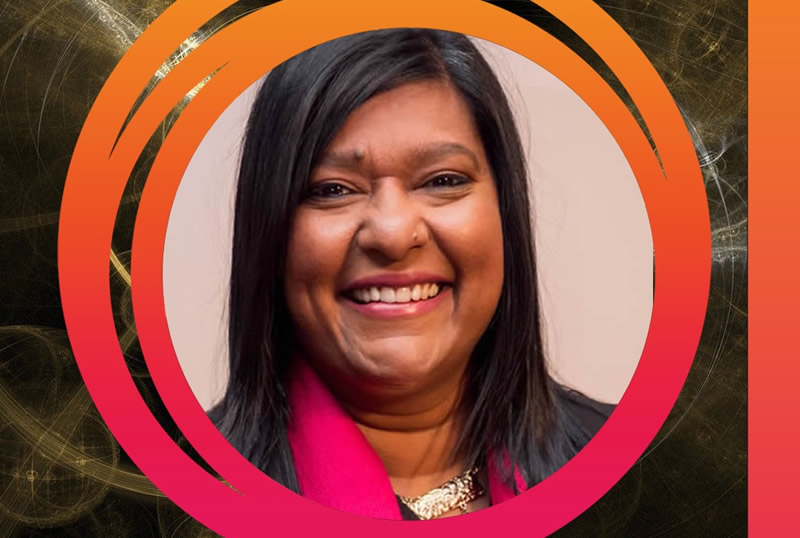

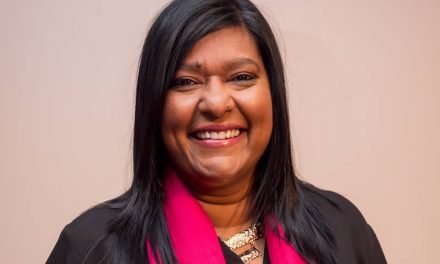
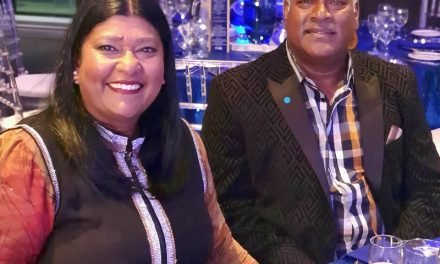
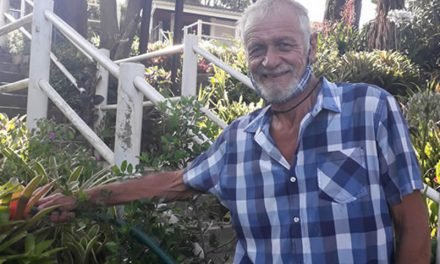
 Tafta Council member awarded MBE
Tafta Council member awarded MBE Concern and confusion over SASSA Old Age Grant payments
Concern and confusion over SASSA Old Age Grant payments Communication through the ages – we’ve come a long way!
Communication through the ages – we’ve come a long way!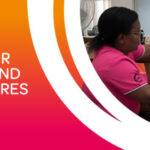 Vote for us in the KZN Top Brand Award
Vote for us in the KZN Top Brand Award Men’s health – signs older men shouldn’t ignore
Men’s health – signs older men shouldn’t ignore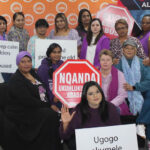 Tafta commemorates Elder Abuse Awareness Day – staff say ‘No’ to elder abuse
Tafta commemorates Elder Abuse Awareness Day – staff say ‘No’ to elder abuse Elder Abuse – it’s not always what you think
Elder Abuse – it’s not always what you think Holiday fun that doesn’t break the bank – inexpensive activities for grandparents
Holiday fun that doesn’t break the bank – inexpensive activities for grandparents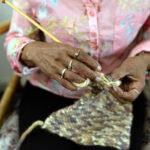 Old school ‘Granny Crafts’ promote mental health
Old school ‘Granny Crafts’ promote mental health Tafta Golf Day at Cotswold, a swinging success!
Tafta Golf Day at Cotswold, a swinging success!